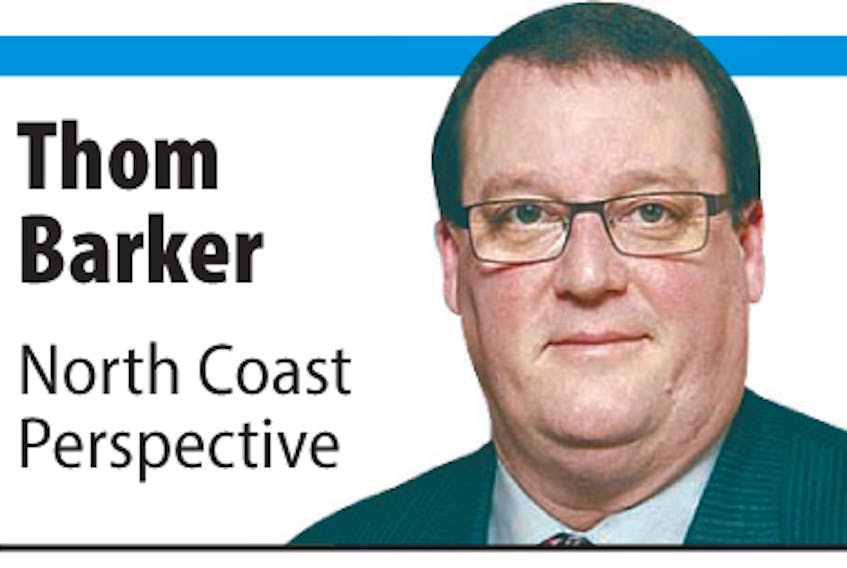I’ve been publicly advocating legalization of marijuana as long as I have been an op-ed writer, approximately 16 years.
Since that battle is won, I will not rehash all the reasons. Now that it is upon us, just a few months from implementation, the time has come to move on to practical considerations.
Let’s start off with what I am not. I am not a pot user. I am not an advocate of people using marijuana. I am not in favour of minors having access to it, legally or not. In terms of helping people not to start, or to use it responsibly, or, more importantly, get off it if they are one of the people who cannot use it responsibly, it has always been my contention regulation should not fall under the purview of the criminal justice system.
That being said, I am not opposed on principal to people using mind-altering substances recreationally. Frankly, it’s none of my business what other people do as long as it does not negatively impact others and/or society in general. In terms of negative impact, I have always believed, based on the preponderance of evidence that, on balance, legalization will reduce harm. Also, harm does not include offending other people’s moral sensibilities; I’m talking about second-hand smoke, related crime etc.
I will also refrain from dwelling on all of those arguments because as of July 1 of this year, the debate over whether or not it should be legal will be moot—although there will undoubtedly continue to be prohibitionists working toward overturning the legislation.
Now the question is: What should be done with all the public revenue?
Although independent estimates of the potential annual tax revenue range up to $5 billion (probably inflated), the federal government is operating on a prediction of approximately $400 million (probably too conservative). Prime Minister Justin Trudeau has consistently promised pot revenue will not be used as a cash cow, but will be funneled into research, education and addictions programming.
At $400 million, he is right on the first part of the promise, as that amount represents a cash calf. He is also unlikely going to have nearly the control over how the money is spent he might have initially anticipated as the deal struck with the provinces ended up being a 25-75 split.
Furthermore, cities are fighting for revenue-sharing, anticipating they will bear the brunt of associated regulatory and social costs. I have little doubt that is true although the argument has been made those should be offset by reduced costs of policing the illegal trade. Nevertheless, I agree cities should get a guaranteed percentage of the income. Local governments tend to know better what they need and should be free from the political strings often associated with grant-funding.
Finally, the feds will spend $700 million over the first several years to get the system running smoothly.
Given all of these factors, it seems unlikely the Liberals can deliver on part two of the promise, research, education and addictions programming, at least not in the short term and probably not directly.
It also remains to be seen what kind of spinoff revenues may be coming, particularly from cannabis-related tourism.
Legalization is a big change to Canadian society. Big change does not come without risk, but this change is long overdue.
There remain many unanswered questions, questions that will take many, many years to answer. We must not become complacent. Rather, we need to focus the ongoing debate on the correct issues, primary among them how to ensure maximum benefit to Canada as a whole.
That starts with following the money









